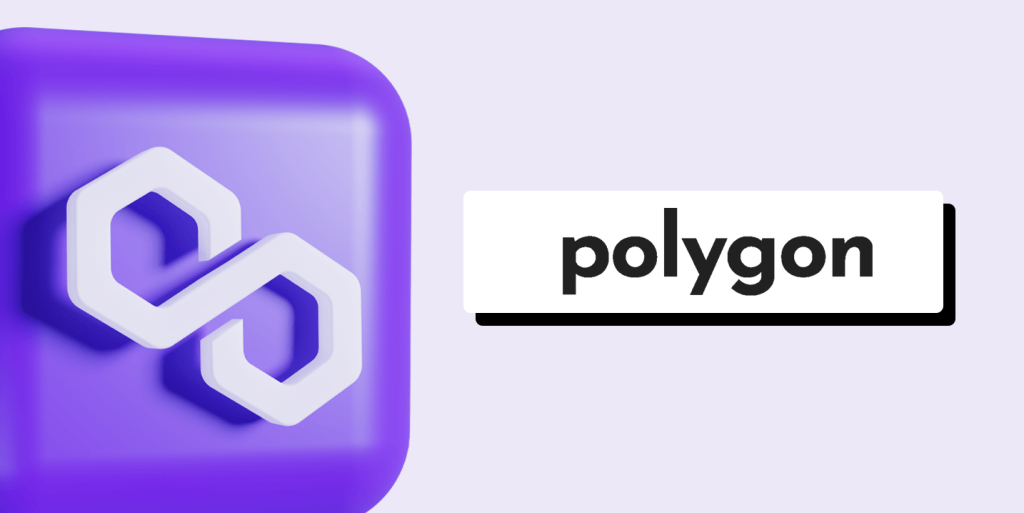
Cetoex News – In recent years, the blockchain industry has experienced tremendous growth, fueled by the rise of decentralized applications (dApps) and the demand for efficient, scalable, and sustainable solutions. Among the many blockchain platforms striving to meet these needs, Polygon Coin has emerged as a prominent player, offering a groundbreaking solution for achieving high-speed and low-cost transactions while addressing the limitations of traditional blockchains. In this article, we will delve into the features, benefits, and potential applications of Polygon Coin, providing a comprehensive overview of this innovative cryptocurrency.
Understanding Polygon Coin:
Polygon Coin, formerly known as Matic Network, is an Ethereum-compatible scaling and infrastructure development framework that aims to improve the scalability, interoperability, and user experience of blockchain applications. Built on top of the Ethereum network, Polygon provides a multi-chain ecosystem consisting of multiple interconnected sidechains, allowing developers to build and deploy dApps with enhanced performance and security.
Scalability and Speed:
One of the key challenges faced by traditional blockchain networks, including Ethereum, is scalability. Polygon tackles this issue by employing a Layer 2 scaling solution, enabling thousands of transactions per second at a fraction of the cost compared to Ethereum’s mainnet. By leveraging a Proof-of-Stake (PoS) consensus mechanism, Polygon achieves faster block confirmation times, significantly reducing transaction latency and improving overall user experience.
Interoperability and Compatibility:
Polygon Coin aims to establish seamless interoperability between various blockchain networks, allowing developers to leverage the best features of multiple platforms. Through its Polygon SDK, developers can easily migrate their existing Ethereum-based applications to Polygon’s network, enabling cross-chain compatibility and unlocking new opportunities for innovation and collaboration within the blockchain ecosystem.
Security and Reliability:
Polygon ensures the security of its network by utilizing Ethereum’s battle-tested security infrastructure. By anchoring its sidechains to Ethereum’s mainnet, Polygon inherits the robust security and decentralization of the world’s second-largest blockchain. Additionally, Polygon employs a decentralized network of validators responsible for maintaining consensus and securing the ecosystem, ensuring the integrity of transactions and data.
Use Cases and Applications:
Polygon Coin offers a wide range of applications across various industries. Its scalability and low transaction costs make it an ideal choice for decentralized finance (DeFi) platforms, enabling faster and cheaper transactions, enhancing liquidity, and facilitating seamless user experiences. Moreover, Polygon’s infrastructure is well-suited for non-fungible token (NFT) marketplaces, gaming platforms, supply chain management, and many other sectors that require high-speed and cost-effective transactions.
Conclusion:
Polygon Coin has emerged as a game-changer in the blockchain industry, addressing the scalability and usability challenges faced by traditional blockchain networks. With its innovative approach to scaling, interoperability, and security, Polygon provides developers and users with a powerful ecosystem for building and deploying blockchain applications. As the demand for scalable and sustainable solutions continues to grow, Polygon Coin is poised to play a significant role in shaping the future of decentralized technologies, unlocking new possibilities for innovation and adoption.
Disclaimer: The information provided in this article is for informational purposes only and should not be considered as financial advice. Cryptocurrency investments are subject to market risks, and readers are encouraged to do their own research and consult with a professional financial advisor before making any investment decisions.